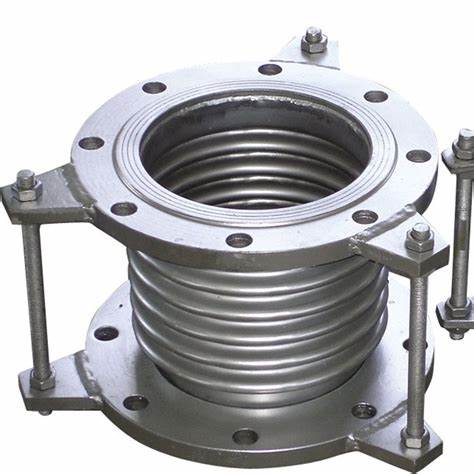steel bellows expansion joints
Understanding Steel Bellows Expansion Joints
Steel bellows expansion joints are critical components in various industrial applications, designed to absorb thermal expansion and contraction in piping systems. As materials heat up, they expand; when they cool down, they contract. These movements can lead to structural stress and damage if not properly accommodated. Steel bellows provide a flexible solution that not only mitigates the effects of thermal movement but also minimizes vibrations and misalignments within piping systems.
Construction and Design
The design of steel bellows expansion joints features flexible metallic bellows, often made of stainless or carbon steel. These bellows are crafted through a forming process that allows them to expand and compress without compromising structural integrity. The structure typically consists of a series of interconnected convolutions that enable the joint to flex in multiple directions. This design offers a high degree of flexibility while maintaining high pressure and temperature tolerances.
In addition to the bellows, the expansion joint assembly may include end fittings such as flanges or threaded connections for easy installation into existing piping systems. Various configurations, such as axial, lateral, and angular joints, cater to specific movement needs in different applications.
Applications
steel bellows expansion joints

Steel bellows expansion joints are widely used in industries such as chemical processing, power generation, oil and gas, and water treatment. In chemical plants, they absorb the thermal fluctuations inherent in exothermic and endothermic reactions. In power plants, they allow for movement caused by temperature changes in steam and condensate lines. The ability to withstand high pressures and corrosive environments makes these joints indispensable in many sectors.
Advantages
The use of steel bellows expansion joints offers several benefits
1. Flexibility They accommodate multidirectional movement, thus preventing damage to pipes and equipment. 2. Durability Made from robust materials, they resist wear and tear, extending the lifespan of piping systems. 3. Vibration Damping Their flexible nature helps to absorb and dampen vibrations generated by machinery, reducing the risk of fatigue failure. 4. Leak Prevention Properly installed expansion joints create a seal that minimizes leaks, thus enhancing system efficiency.
Conclusion
In summary, steel bellows expansion joints are essential for managing thermal expansion in industrial piping systems. Their flexible design, coupled with high durability, makes them suitable for various challenging environments. By effectively mitigating the risks associated with temperature fluctuations, vibrations, and misalignment, steel bellows expansion joints ensure the longevity and reliability of piping systems across multiple industries. Their ability to adapt to different applications while maintaining efficiency highlights the importance of this component in modern industrial design. As technology advances, the development of even more resilient and efficient expansion joints is anticipated, further solidifying their role in safeguarding infrastructure.
-
The Key to Fluid Control: Exploring the Advantages of Ball Valves in Industrial SystemsNewsJul.09,2025
-
The Versatile World of 1, 2, and 3 Piece Ball ValvesNewsJul.09,2025
-
Stainless Steel Ball Valves: The Ideal Choice for Efficient Flow ControlNewsJul.09,2025
-
Optimizing Fluid Control with Ball Float ValvesNewsJul.09,2025
-
Manual Gate Valves: Essential for Control and EfficiencyNewsJul.09,2025
-
Everything You Need to Know About Butterfly ValvesNewsJul.09,2025
-
The Versatility of Wafer Type Butterfly ValvesNewsJul.08,2025




